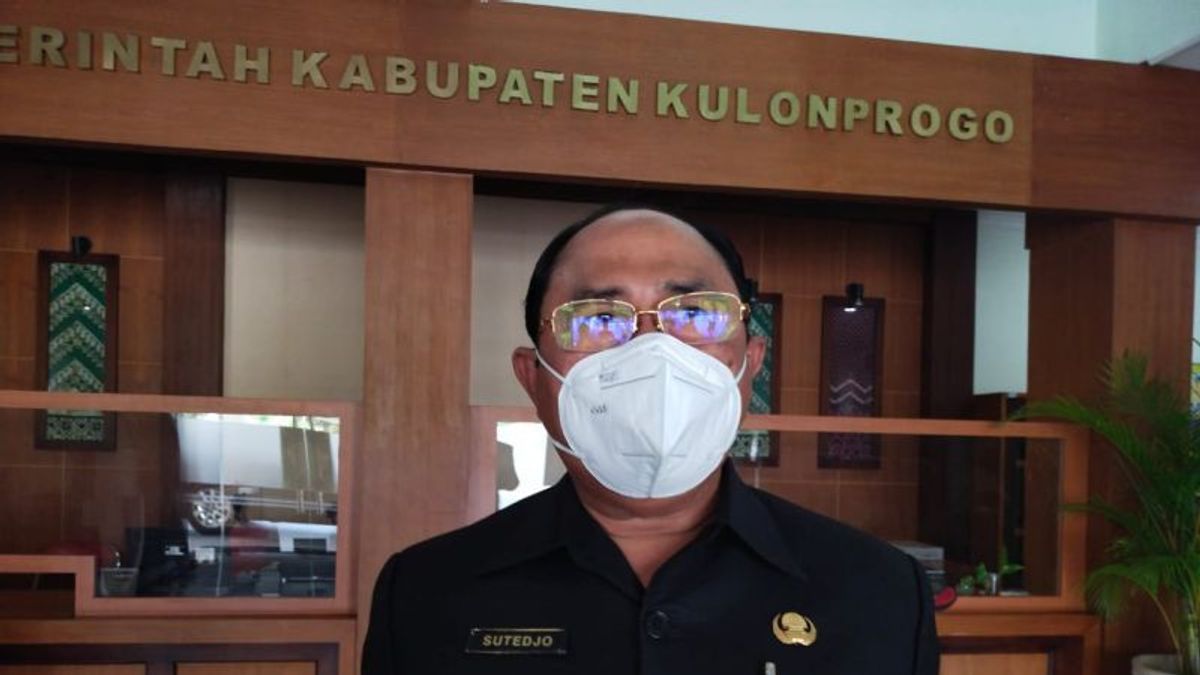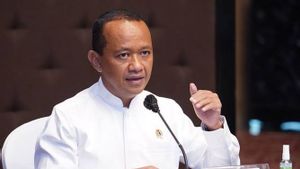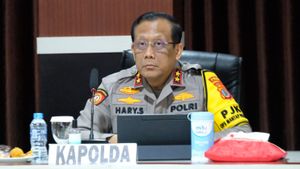KULON PROGO - Kulon Progo Regent Sutedjo admitted that while serving as regent from May 22, 2017 to date, he has not succeeded in reducing the poverty rate to below 10 percent according to the target of the 2017-2022 Regional Medium-Term Development Plan. The target has not been realized due to the COVID-19 pandemic.
Currently, the poverty rate in Kulon Progo is 18.39 percent or the highest in DIY from the 2017-2022 Regional Medium-Term Development Plan target of below 10 percent.
"What we are concerned about while serving as regent is that the poverty rate is still very high, even the highest in DIY," he said in Kulon Progo, Yogyakarta Special Region, Antara, Thursday, April 7.
He said that determining the poverty rate is the Central Statistics Agency (BPS), and district governments (pemkab) cannot intervene on their performance.
So far, the Kulon Progo Regency Government has worked hard to reduce poverty, various programs in Regional Apparatus Organizations (OPD) have sought community empowerment to improve welfare.
"We have done everything we can, including house renovation for the poor. The house renovation movement for the poor should have reduced five of the 14 criteria for poor families. Not including social assistance and community empowerment programs," he said.
Sutedjo admits that he still has a burden related to the low regional income and expenditure budget (APBD) compared to the other four regencies/cities in DIY.
Currently, Kulon Progo's APBD is still below IDR 1.5 trillion. This is due to the not yet optimal transfer of funds from the Central Government, for example the general allocation fund (DAU) whose calculation is based on the number of residents and area. Currently, the population in Kulon Progo is relatively low.
In addition, local revenue (PAD) is also the lowest in DIY. This is because the source of income is also minimal, both hotel taxes, parking, tourism levies to mining.
"We still hope that the optimal number of passengers at Yogyakarta International Airport can boost local revenue (PAD). However, until now there are still passenger restrictions for the last two years, so that it also has an impact on PAD," he said.
The PAN politician, whose term as regent will end on May 22, 2022, hopes that the COVID-19 pandemic will end soon, so that Yogyakarta International Airport activities will increase again, so that it can boost PAD. In addition, it is able to boost the economic growth of the community, so that the poverty rate in Kulon Progo immediately decreases.
"We are aware that Yogyakarta International Airport is an entry point for investment and a trigger for economic growth in Kulon Progo. We hope that Yogyakarta International Airport will become a driving force for the community's economy," he said.
The English, Chinese, Japanese, Arabic, and French versions are automatically generated by the AI. So there may still be inaccuracies in translating, please always see Indonesian as our main language. (system supported by DigitalSiber.id)













